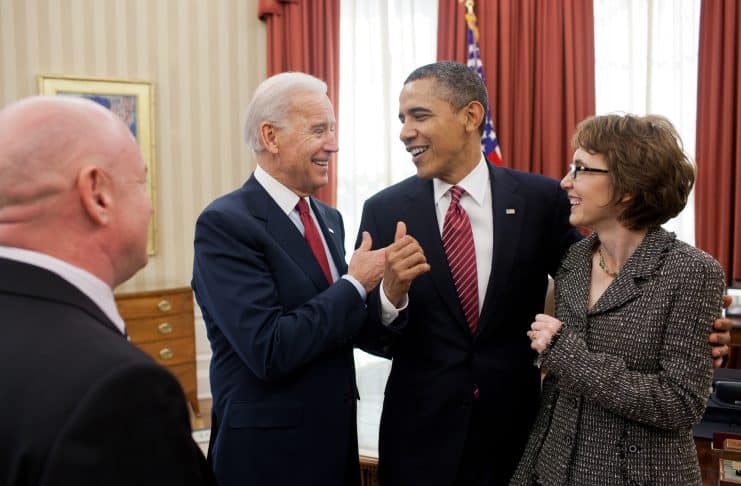The ill-named Inflation Reduction Act promises to spur the development of alternative energy generation and transmission sources across the U.S. But there's a problem with such grand schemes: they get snarled in red tape.
The new law acknowledges there's a design, permitting and building problem in the country, so it attempts to cut some of that red tape and ease the flow of new energy infrastructure construction.
But saying you're going to cut the tape and actually doing it are far different things. Just how bad is the existing problem? The Wall Street Journal reported:
Building a power line spanning several states can now take about a decade, developers said, up from five to seven years previously.
In the Midwest, a roughly 102-mile transmission line from Iowa to Wisconsin has been in the works since 2011; it has yet to start delivering power. A multiyear process to secure permits and now litigation over the project's environmental impact could push completion to the end of 2023, said Krista Tanner, chief business officer at ITC Holdings, an electrical-transmission company and one of the sponsors of the line's construction.
Environmental groups say the line would damage sensitive floodplain habitat in the upper Mississippi River.
And the same sort of delays – plus plenty of litigation – have delayed several large renewable energy projects:
Legal and regulatory battles have slowed renewable-energy projects. Henrik Andersen, chief executive of the wind-turbine maker Vestas Wind Systems A/S, said the permitting process for wind projects can take four to six years.
A project to build the country's first commercial-scale offshore wind farm off the coast of Martha's Vineyard was federally approved last year and now faces lawsuits from a conservative think tank, homeowners and others seeking to stop the project because of potential harm to commercial fishing in the area and threats to ocean wildlife.
In rural areas, worries about the land footprint of solar projects makes farmers reluctant to host units on their properties, said Nick Bullinger, chief operating officer at Hecate Energy, a Chicago-based developer of renewable-power projects.
While it might be tempting to dismiss some of the obstruction as NIMBYism run amok, the more powerful incentive for some to oppose any and every energy project is it's good business.
Lawsuits generate donations to litigious nonprofits, which in turn are used to employ more and more artful legal means to delay projects needing more and greater funding. Rinse, repeat. If that sounds cynical, it is. But far too often, red tape is the same as money in the bank.
The opinions expressed in this article are those of the author and do not necessarily reflect the positions of American Liberty News.
READ NEXT: Why Green Activists Don't Like the Inflation Reduction Act >>



If there was no inflation in July, why do we need a inflation reduction act?
Only for Power & Control
As long as they stay in power the more damage they can do to our republic. With all these massive spending bills they are forcing through congress, they will bankrupt our nation, while we sit back and wonder how we let this happen. The answer is easy, they put the anti-America socialists in power with their votes.